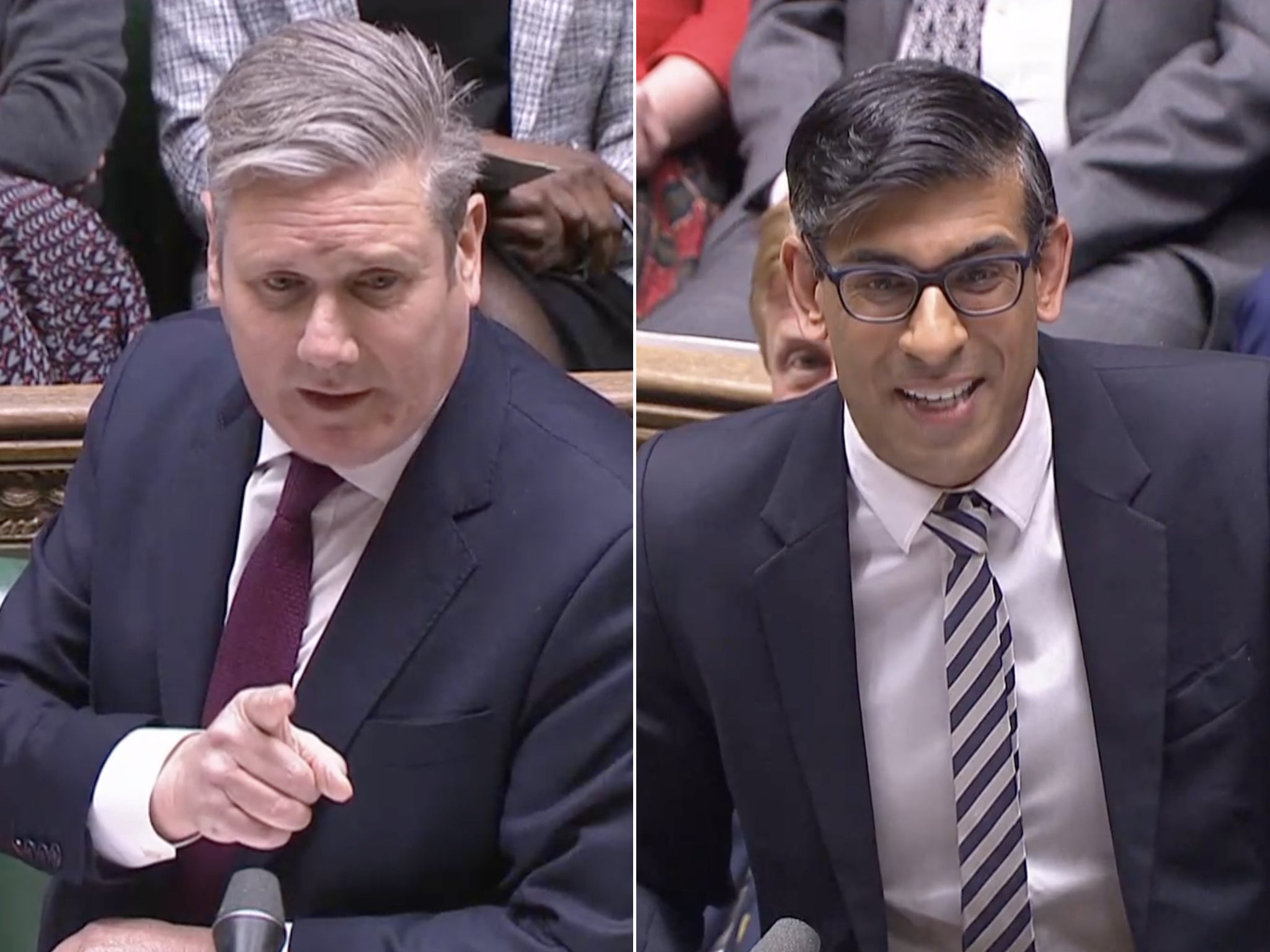The hidden dangers of two-party politics
In a two-horse race, declines in popularity for one candidate are equivalent to gains in popularity for the other, writes doctor of mathematics Kit Yates


With local elections upon us, many voters feel like they are faced with the same old tired choice between the two major political parties – Labour and the Conservatives.
Despite the existence of third candidates, election leaflets come through the door telling us “Lib Dems can’t win here” – effectively arguing the case for a straight fight between the two major parties in British politics. But, as we look forwards to the general election next year, there are sound mathematical reasons why two parties battling it out – a duel so to speak – is not good for democracy.
In a two-horse race, declines in popularity for one candidate are equivalent to gains in popularity for the other. If it is harder to boost one’s own image than it is to denigrate the other party, then the incentive is for the parties to batter each other with negative advertising, leaving the electorate to choose between a rock and a hard place. The introduction of a genuinely electable third party can change the campaigning dynamics from a straight duel to a “truel” – a battle between three parties.
Truels are a popular trope in the cinema, having been used to resolve plot issues in at least three Quentin Tarantino movies alone. Probably the most well-known example, though, features in one of the most famous movie scenes of all time: towards the climax of The Good, the Bad and the Ugly, the three eponymous characters stand in a triangle on the perimeter of a circular plaza each with hands hovering around their waists ready to draw. I won’t spoil the ending.
As I explore in my new book, How to Expect the Unexpected, truels can have strange and unexpected outcomes if the players’ strengths differ markedly. The strongest candidates may tend to focus their efforts on each other as the greatest threat to one another, sometimes leaving the weaker candidate with the best chance of winning.
A favourable strategy for weaker participants in a multiplayer competitive game – namely staying in the background while the best fighters duel it out – has been arrived at naturally over and over again in the animal kingdom. While two of the most impressive specimens fight it out, killing or injuring each other, subordinate males can nip in and mate with the female.
So well established is this practice across the animal kingdom that it has its own name. Kleptogamy is derived from the Greek words klepto, meaning “to steal” and gamos, meaning “marriage” or more literally “fertilisation”. The evolutionary game theorist, John Maynard-Smith – who came up with the theoretical idea of kleptogamy – preferred to call it the “sneaky f***er” strategy.
Returning to politics, in the run-up to the June 2009 Virginia Democratic gubernatorial primaries in the US, state senator Creigh Deeds was floundering. In one January poll he registered just 11 per cent support.
Over the next four months he only polled higher than 22 per cent once, as the other two candidates, Terry McAuliffe and Brian Moran, swapped the polling lead between themselves. Deeds’ fundraising campaign was also stuttering. In the first quarter of 2009 – a crucial period ahead of the election, he had raised just $600,000 compared to Moran’s $800,000 and McAuliffe’s $4.2 million. But in mid-May the game suddenly changed.
The candidates began to plough much of their remaining resources into negative advertising. Moran went hard at his main rival McAuliffe, criticising his record as a businessman. McAuliffe responded to his biggest threat Moran with his own ad, defending his record and accusing Moran of “trying to divide Democrats”. Moran hit out again, criticising McAuliffe’s campaign against incumbent president, Barack Obama, in the Democratic primaries preceding the 2008 election. Moran hoped that this would diminish McAuliffe’s standing in the eyes of the state’s crucial African American voters.
All the while, as the top two candidates chipped away at each other’s reputations, unassuming underdog, Creigh Deeds, was planting seeds of positivity with his self-promoting advertising campaign. When the Washington Post came out and endorsed Deeds in late May, many undecided voters recognised him as a reasonable alternative to the two former frontrunners.
Deeds’ popularity in the polls shot up and by early June he was polling at over 40 per cent. Each of the formerly stronger rivals seemed to have managed to convince Virginian voters that the other was not electable. In elections on 8 June Deeds won just under 50 per cent of the vote to McAuliffe’s 26 per cent and Moran’s 24 per cent – a landslide for the weakest candidate.
The assumption of a two-party system does the electorate a disservice. Our democracy would be healthier if genuine multiparty politics were a reality, keeping all the parties honest and disincentivising negative advertising.
Different voting systems, such as the proportional representation or the alternative vote, favoured by other countries, might be a way to achieve this. They have the advantage that no vote is wasted – people feel free to vote for their preferred candidate rather than the candidate who is most likely to beat the only viable alternative.
Until the UK arrives at a system that incentivises genuinely multiparty politics, we will be stuck choosing between the red devil and the deep blue sea.
Join our commenting forum
Join thought-provoking conversations, follow other Independent readers and see their replies
Comments
Bookmark popover
Removed from bookmarks